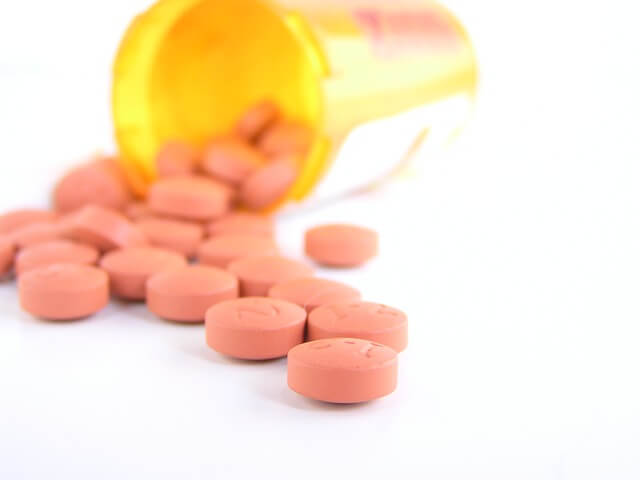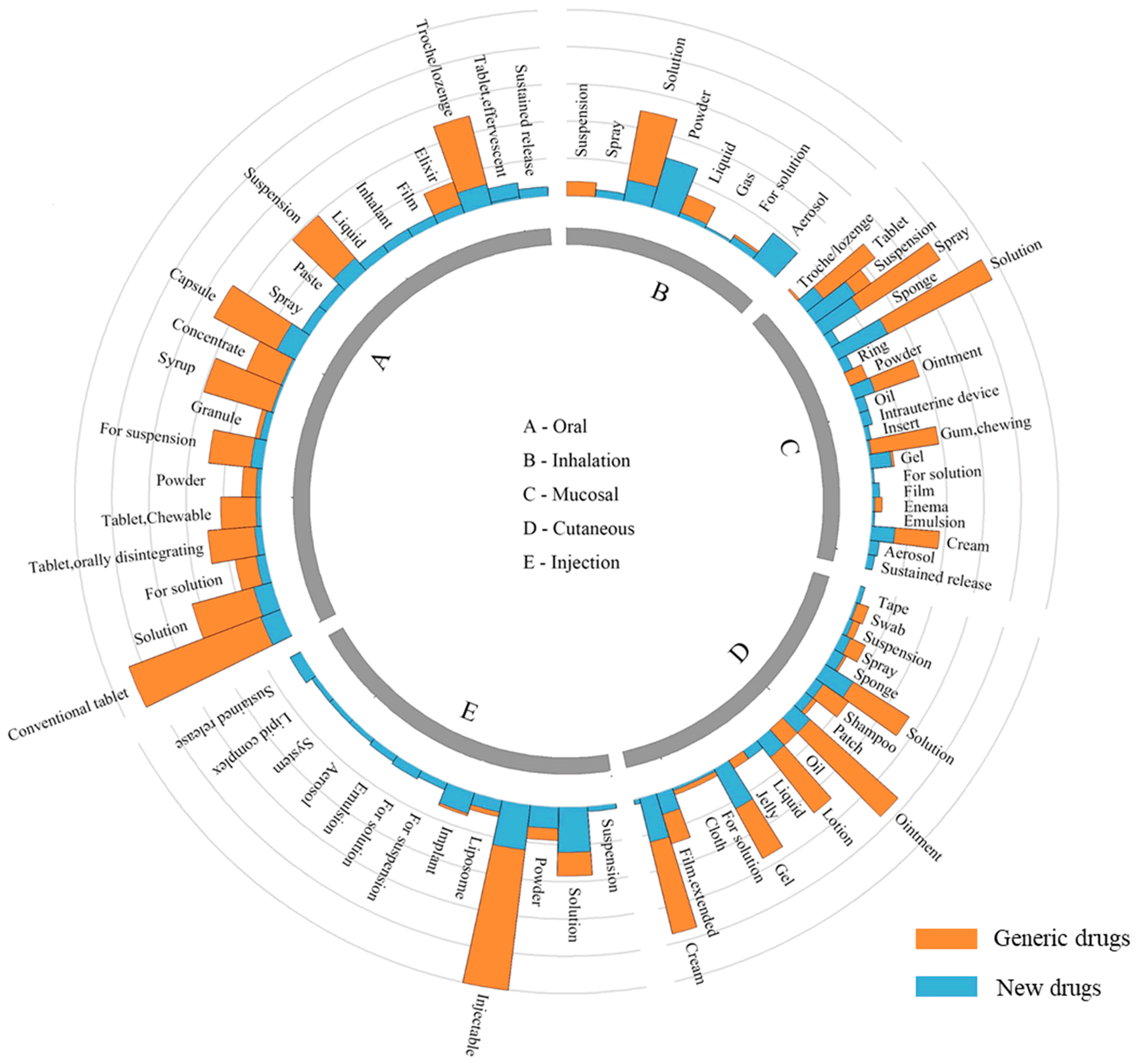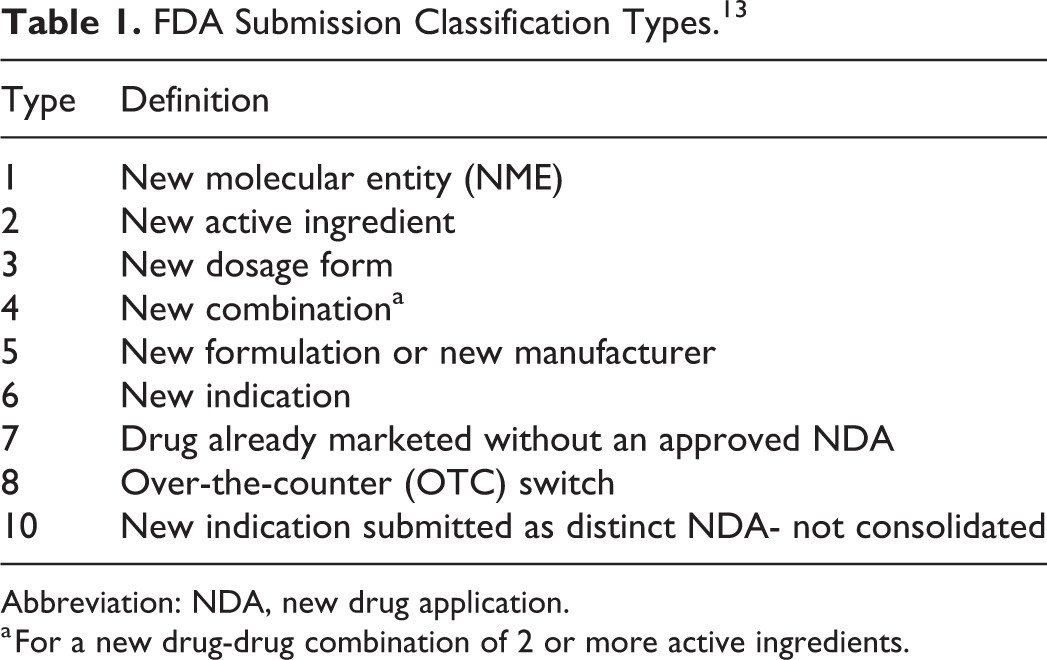
The development and use of generic drugs have significant implications for healthcare systems and economies worldwide. Generic drugs, which are pharmaceutical products equivalent to brand-name drugs in terms of active ingredients, safety, strength, method of administration, quality, performance characteristics, and intended use, offer substantial cost savings without compromising on therapeutic effects. This article delves into the economic impact of generic drugs, their role in healthcare, and the challenges and controversies surrounding their development and use.
Definition and Role of Generic Drugs
Generic drugs become available in the market after the patent protection of the original innovator drug expires, allowing other manufacturers to produce and market a version of the drug under its generic chemical name. The chemical equivalence of generic drugs to their brand-name counterparts ensures that patients receive the same medical benefits without compromising on the drug’s effectiveness. This equivalence is crucial as it ensures that patients receive the same therapeutic benefits at a lower cost.
Cost Savings from Generic Drugs
Generic drugs play a pivotal role in reducing healthcare costs, offering significant economic benefits to both consumers and healthcare systems worldwide. By providing the same therapeutic benefits as their brand-name counterparts at a fraction of the cost, generic drugs are instrumental in making medications more affordable and accessible. The price difference between generic and brand-name drugs can be substantial, with generic drugs costing 80 to 85 percent less than their brand-name versions. This price disparity accumulates over time, particularly for patients who require long-term medication.
Impact on Healthcare Budgets
The adoption of generic drugs has been shown to lead to significant reductions in healthcare budgets. A study by the Congressional Budget Office found that the use of generic drugs saved the United States approximately $253 billion in 2014 alone. Additionally, case studies from various healthcare systems highlight the effectiveness of generic drug policies. For example, Medicaid programs that encourage the use of generics have reported substantial savings, allowing for the reallocation of funds to other critical areas of healthcare.
Economic Benefits for Consumers
For individual consumers, the savings from using generic drugs can be transformative. These savings can alleviate financial stress, potentially leading to better adherence to medication regimens and improved health outcomes. The affordability of generic drugs also means that more patients can afford to fill their prescriptions, reducing the likelihood of complications from untreated or undertreated conditions.
Economic Incentives for Pharmaceutical Companies
The production of generic drugs is influenced by a complex interplay of economic incentives and regulatory frameworks. Pharmaceutical companies are motivated to produce generic drugs due to the potential for significant cost savings and increased market share. However, the regulatory framework for generic drugs must ensure that these drugs meet the same quality and safety standards as their brand-name counterparts.
Challenges and Controversies
Despite the economic benefits of generic drugs, there are challenges and controversies surrounding their development and use. One of the key challenges is ensuring that generic drugs are of the same quality and safety as their brand-name counterparts. Additionally, there are concerns about the potential negative clinical and economic consequences of switching from branded to generic medications, particularly for certain patient populations and therapeutic areas.
Future Trends and Policy Recommendations
To maximize the benefits of generic drugs, policymakers and healthcare systems must implement policies that encourage the use of generics while ensuring their quality and safety. This includes investing in research to better understand the clinical and economic outcomes of generic substitution, as well as developing regulatory frameworks that balance the need for cost savings with the need for quality and safety.
Conclusion
In conclusion, the impact of health economics on generic drug development is significant. Generic drugs offer substantial cost savings without compromising on therapeutic effects, making them a crucial component of modern healthcare systems. By understanding the economic benefits and challenges of generic drugs, policymakers and healthcare systems can develop policies that maximize their benefits while ensuring their quality and safety.
“Generic drugs play a pivotal role in reducing healthcare costs, offering significant economic benefits to both consumers and healthcare systems worldwide.”
References
- East Street Pharmacy. (n.d.). The Economic Impact of Generic Drugs on the Healthcare System. Retrieved from https://eaststreetpharmacy.com/the-economic-impact-of-generic-drugs-on-the-healthcare-system.html
- Kesselheim, A. S., Misono, A. S., Lee, J. L., Brookhart, M. A., Choudhry, N. K., & Shrank, W. H. (2015). Clinical and Economic Outcomes Associated with Use of Extended-Release and Immediate-Release Formulations of Medications: A Systematic Review. Journal of Managed Care & Specialty Pharmacy, 21(10), 761-775. doi: 10.18553/jmcp.2015.21.10.761
- Straka, R. J. (2015). Potential Clinical and Economic Impact of Switching Branded Medications to Generics. Journal of Managed Care & Specialty Pharmacy, 21(10), 776-784. doi: 10.18553/jmcp.2015.21.10.776
- National Bureau of Economic Research. (2023). Generic Drugs: A Healthcare Market Trial. Retrieved from https://www.nber.org/reporter/2023number4/generic-drugs-healthcare-market-trial
- National Bureau of Economic Research. (2002). New Drugs: Health and Economic Impacts. Retrieved from https://www.nber.org/reporter/winter-2002/3/new-drugs-health-and-economic-impacts

















![Is Patent “Evergreening” Restricting Access to Medicine/Device Combination Products? Fig 2. Sales for 8 medication-device combination products in 100-top sellers in the US from 2011–2013 [22]](https://www.drugpatentwatch.com/blog/wp-content/uploads/2019/03/Fig-2.-Sales-for-8-medication-device-combination-products-in-100-top-sellers-in-the-US-from-2011–2013-22.png)





